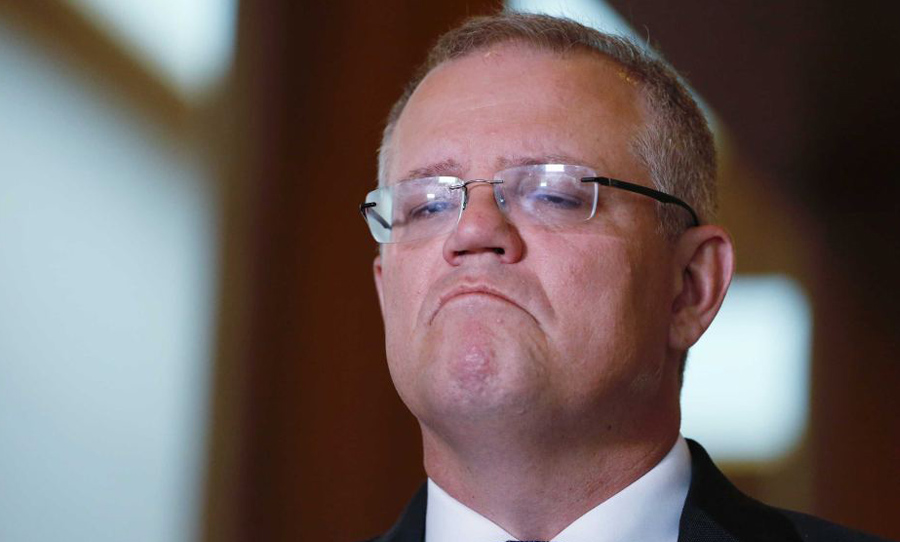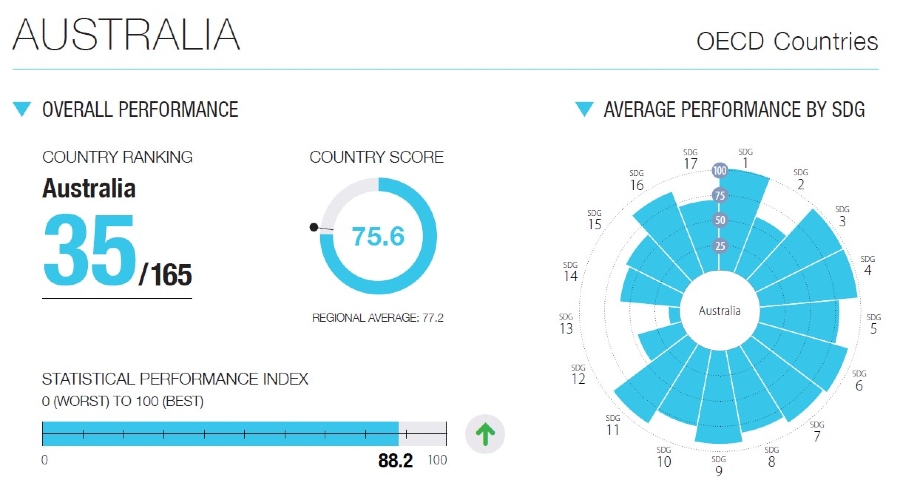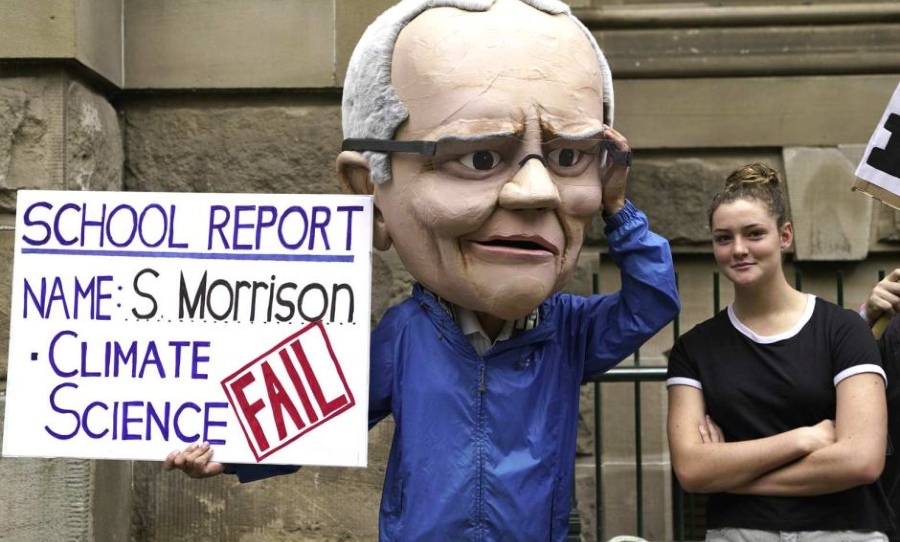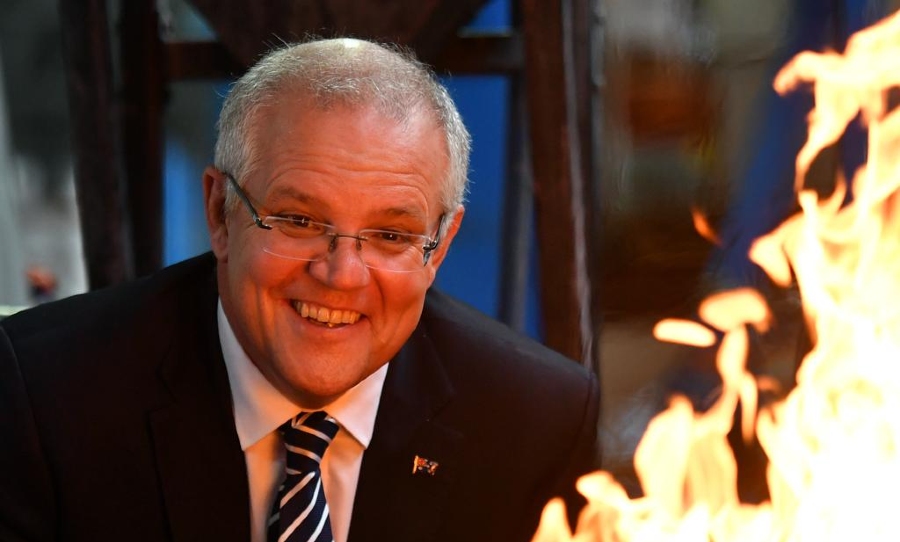Australia places 193rd in the world – last place – for minimal efforts on climate action since 2020
Ahh, Australia, we’ve done it again!
Our beloved country has ranked last in the world for climate action, scoring 10/100 points across four categories.

These categories include;
- the level of emissions from fossil fuels;
- the embedded emissions in imports;
- the embedded emissions in exports; and
- the efforts towards effective pricing on greenhouse gas emissions.
According to Renew Economy, we appeared in the top three for: “exported greenhouse gas emissions per capita” and in the top ten for use of fossil fuels per capita.
The report states that Australia has made no positive changes against the four climate action categories, resulting in our global shortcoming.
The blame lands entirely on the Morrison government, which failed to commit to a zero-emissions goal this year.

Australia’s intense electricity emissions, along with the slow adoption of electric vehicles due to: “lower share of renewable energy sources“, significantly impacted our overall score.
Based on this year’s Sustainable Development Report by UN-backed Renew Economy, Australia is ranked last for climate action out of the 200 countries surveyed. Brunei, Qatar, and Norway rounded out the bottom four with Australia. (MK) #Australia #ClimateAction #ClimateChange
— SNA Environment (@SNAEnvironment) July 2, 2021
Climate expert, Richie Merzian, highlights how this is a reflection of where the Morrison government’s loyalties lie – cherry-picking technologies that “support the fossil fuel industry.”
As a result, we have ranked poorly on similar reports, including the Climate Change Performance Index.

To improve our global score, Australia must confront some major issues regarding the sustainability of our environment, so that we can effectively deal with: “climate change, clean energy, responsible consumption and oceans health.”
Maybe the Morrison Government could take some notes from Finland, Sweden and Denmark, who placed in the top three overall.
However, some of the achievements within this report are dampened by the revelation that global progress towards sustainable developments has actually worsened since the goals were introduced in 2015…
Yikes.
The covid-19 pandemic has been labelled as a major underlying reason behind this.
Jeffrey Sachs, president of the Sustainable Development Solutions Network, believes that to combat this sustainability crisis effectively, developing countries must receive attention in the following areas:
“quality education for all, universal health coverage, clean energy and industry, sustainable agriculture and land use, sustainable urban infrastructure, and universal access to digital technologies.”
If Scomo’s past response to climate action warnings is anything to go by, his attitude towards our latest ranking is sure to be labelled a bunch of “nonsense“.



